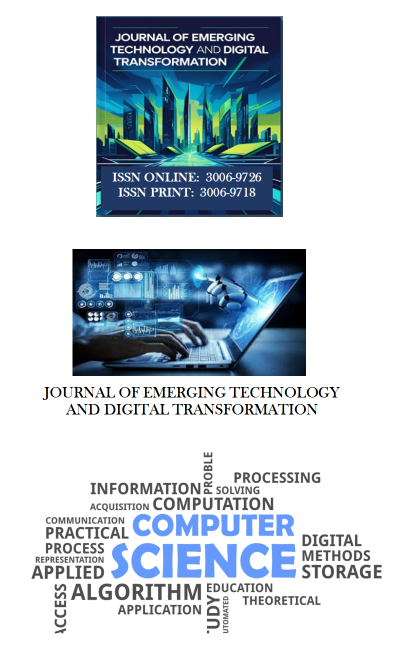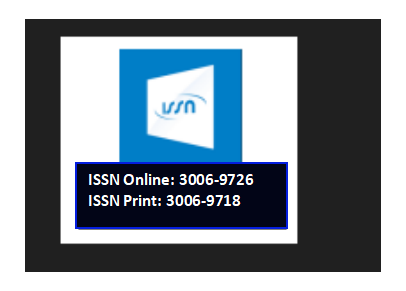EXPLORING ADVANCED I/O TECHNIQUES IN MODERN OPERATING SYSTEMS
Abstract
Input/Output (I/O) operations are fundamental to operating system performance, especially in data-intensive and real-time applications. This paper provides a comparative analysis of advanced I/O techniques implemented in three major operating systems: Windows, Linux, and Solaris. By exploring mechanisms such as synchronous and asynchronous I/O, memory mapped I/O, direct I/O, kernel bypass techniques, and I/O scheduling algorithms, the study identifies the performance trade-offs and architectural differences between these platforms. Each operating system employs distinct approaches to optimize I/O throughput, latency, and CPU utilization depending on system design and intended use cases. The paper further highlights the suitability of each OS for various environments, such as enterprise systems, web servers, and high-performance computing. Through structured comparison tables and referenced technical insights, the research offers a clear understanding of how I/O is handled across different systems, guiding developers and system architects in selecting the appropriate platform for their needs.
Keywords: I/O performance, asynchronous I/O, memory mapped I/O, Windows, Linux, Solaris, operating systems












